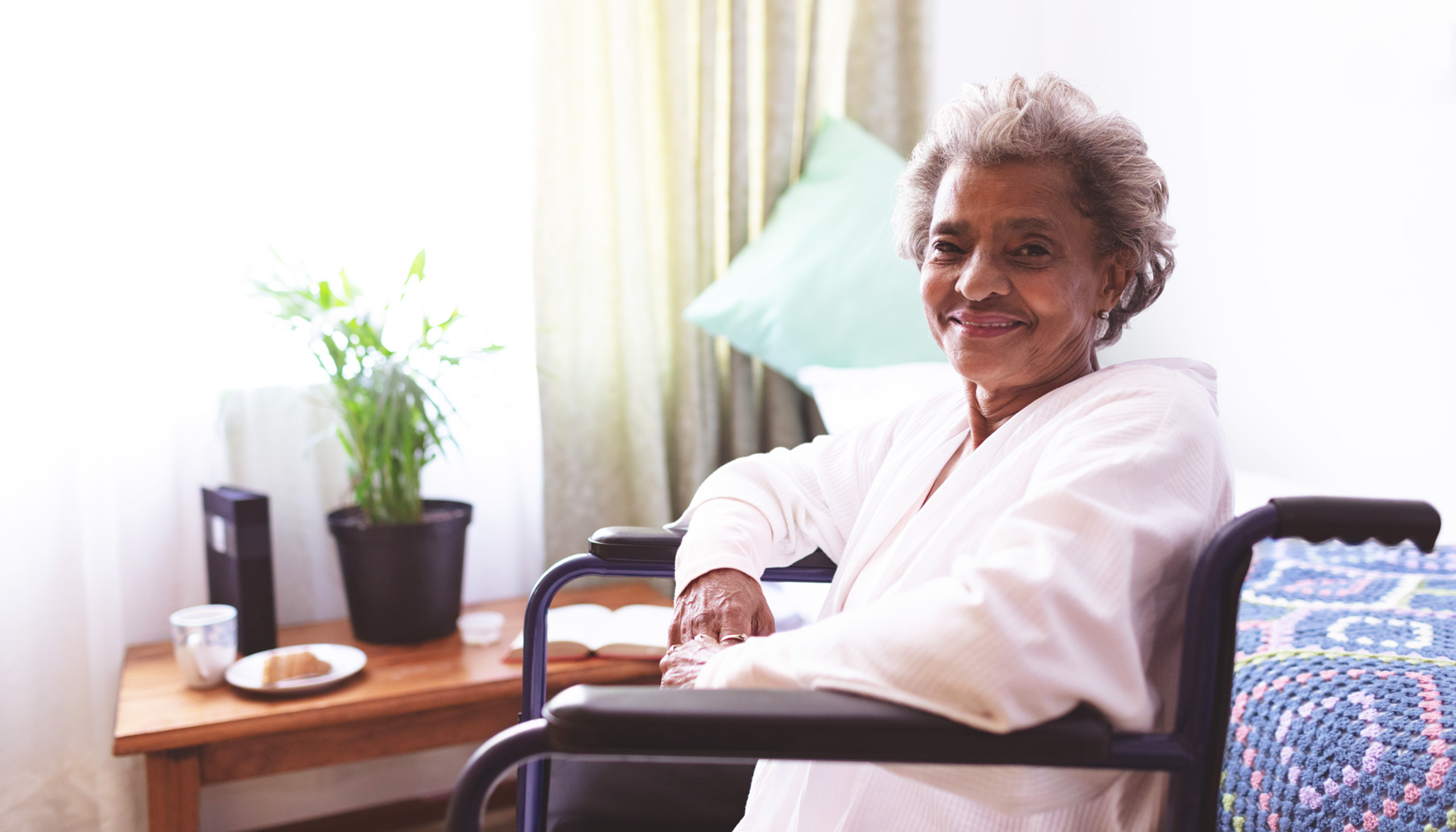

People of all ages can have a sight or hearing impairment. It may have been from birth, or due to deterioration later in life. Deafblindness affects a person’s ability to communicate, to access all kinds of information, and to get around.
Congenitally deafblind
A term that describes any child who is born with a sight and hearing impairment or develops sight and hearing loss before they have developed language in their early years.
Acquired deafblindness
A person who loses their sight and hearing after they have developed language in their early years is said to have acquired deafblindness.
Usher syndrome
Usher syndrome is a genetic or inherited condition that affects hearing, vision and balance. The sight loss is caused by an eye condition known as retinitis pigmentosa (RP) which leads to a gradual and progressive reduction in vision.
CHARGE
CHARGE is a challenging genetic condition that can affect all ages. The most common problems are with the ears, eyes, heart and nose – although there are a wide range of other difficulties that people can have.
Older people
Most deafblind people in the UK are older people who have developed hearing and sight loss in later life. The older someone is, the more likely they are to have both a visual and a hearing impairment. Often this hearing and vision loss comes on gradually. Older people themselves, and others around them, may not recognise or understand what is happening. This dual-sensory loss often goes unrecognised, or is seen as a natural consequence of ageing about which nothing can be done.
Sense is a national charity that specifically supports people who are deafblind. They produce free, easy- to-use resources for family members and staff that support older people with dual-sensory loss. They also produce a “Fill the gaps” checklist, which can be used to see if a relative or someone you support has dual-sensory loss and “The Good Life” – a guide to understanding what your relative is going through, how you can help, and where to go for more specialist support.
Some of the specific methods for communicating with deafblind people require training and experience.But there are simple things you can consider that make it possible to communicate with many deafblind people. Here are some quick tips:
Our Sensory Loss Care and Support
Advance understands that living with, or caring for a loved one who has sensory loss can be very distressing and unsettling. That is why we train our team members to minimise the disruption caused by sensory loss by providing the support family, friends and the client need to help them cope, such as working together to come up with ways to adapt your home to your new or developing situation and needs. Our services are people centred and revolve entirely around the specific requirements of the individual. This approach enables our support assistants to deliver the medical, emotional and physical support their clients need in familiar surroundings, and around their established routines, allowing those living with sensory loss to maintain independence and a good quality of life.
Our support assistants are specifically trained to provide care and support. They offer assistance ranging from help around the home to more sensitive issues. From household chores, to helping with personal care – such as toileting, bathing and dressing – Advance are there to carry out all the practical care aspects with empathy and discretion, allowing the person to continue living their daily life, and following their established routines.
Our support assistants understand that while helping their clients with the medical aspects of sensory loss and aiding in practical duties such as shopping and preparing meals is important, so is chatting about shared interests and creating a comfortable relationship between the support assistant and the client. This is why we ensure you are matched with a support assistant who not only has the relevant skill set, but also has a complementary personality. Our support assistants provide a ‘can-do’ attitude, encouraging and providing physical and psychological support.
Our Sensory Loss care and support includes:
Understandably, when selecting care, individuals and their loved ones have many questions and worries. We have a highly experienced, friendly team of care who are always on hand to talk you or your loved one through the care and support we offer those living with sensory loss.
Explore our care services.























